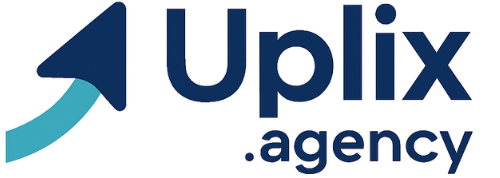
With premiums looming, many Americans are questioning the viability of opting for health care without insurance. Starting this year, aid that kept Affordable Care (ACA) costs at affordable levels is set to expire, which will increase premiums for both those with workplace coverage and outside policies.
In this regard, NBCNews was wondering if health care without insurance would be cheaper and the conclusive answer was: Sometimes. But not often. And it may require a little, or a lot, of research.
Alternatives were found, some of which seem more viable than others.
Cash payment options
Some hospitals and clinics offer lower prices to uninsured patients who pay in cash. This approach may be cheaper in specific situations, such as diagnostic testing, but lacks the benefits of insurance, such as out-of-pocket limits and negotiated rates.
According to the Federal lawrequires medical centers to post their cash discount prices online.
Paying cash may seem attractive, but health policy expert Stacie Dusetzina warns of potential hidden costs. Without insurance, expenses are not reported toward the deductible and an unexpected problem can trigger exorbitant costs.
Key benefits of health insurance
Insurance provides essential protection, including maximum out-of-pocket costs and access to free preventive care. However, if you choose to pay cash, the rates could be higher than the insurance negotiated rates.
For those considering going without insurance, it is crucial to investigate federally qualified health clinics, where care is offered at reduced prices. For emergencies, federal law requires hospitals to provide care regardless of ability to pay.
Practical tips
If you are considering cash payment, experts suggest contacting the provider’s billing office for information on payment options and assistance. Digital tools can also offer transparency on the prices of medical services.
While there are cash payment options that may seem attractive to the healthy patient, the inherent risks and potential financial burden of emergencies mean health coverage remains a critical decision for American citizens.
Expert opinion
Expert opinions agree that the costs of uninsured medical treatments will continue to increase significantly in the coming years. Factors such as high medical inflation, high demand for services, overuse of studies, and the increasing complexity of treatments for chronic diseases and cancer are key drivers of these increases.
Costs associated with medical care are projected to maintain growth rates of around 7-10% annually globally, with expectations of even greater increases in some regions such as Latin America.
Lack of health insurance increases the difficulty of paying for care, generating more unpaid care and pressure on local health systems. In the United States, for example, around 16 million people are expected to become uninsured by 2034, increasing the cost and difficulty of accessing medical treatments.
Additionally, rising costs are influenced by factors such as rising healthcare wages, drug prices, and supply chain disruptions, all of which directly impact the financial ability of uninsured patients.
You may also be interested in:
